Turmeric for dogs with arthritis and its other benefits
- Turmeric contains curcumin, which provides powerful anti-inflammatory benefits that can significantly reduce joint pain and stiffness in dogs with arthritis.
- Adding black pepper to turmeric increases its bioavailability by up to 2000%, making it much more effective for your dog's health.
- Beyond arthritis relief, turmeric offers digestive support, immune system enhancement, and potential cancer-fighting properties for dogs.
- JP's Natural Pet Supplements offers specially formulated dog joint supplements with turmeric that are appropriately dosed for canine consumption.
- Most dogs show noticeable improvement in mobility and comfort within 3-4 weeks of consistent turmeric supplementation.
Turmeric: Nature's Anti-Inflammatory Powerhouse for Dogs
Your dog deserves to live a comfortable, pain-free life. When arthritis or inflammation strikes, watching your furry companion struggle to climb stairs or get up from their bed can be heartbreaking. Turmeric, a golden-yellow spice derived from the Curcuma longa plant, has emerged as a potent natural remedy for dogs experiencing joint pain and inflammation. JP's Natural Pet Supplements has pioneered the use of turmeric in their joint health formulas, providing a natural alternative to prescription medications that often come with concerning side effects.
The healing power of turmeric isn't new—this vibrant spice has been used for thousands of years in Ayurvedic medicine to treat inflammation, pain, and digestive issues. What makes it particularly remarkable for canine health is its impressive safety profile when properly administered. Unlike many pharmaceutical options, turmeric targets inflammation without damaging your dog's liver or kidneys when used correctly.
Turmeric for dogs
Throughout this comprehensive guide, we'll explore how turmeric works in a dog's body, the specific benefits it offers for arthritis and overall health, and the best ways to incorporate this golden spice into your dog's wellness routine. Whether your dog is exhibiting early signs of joint stiffness or struggling with chronic arthritis, understanding the potential benefits of turmeric could be the key to helping them move more freely and comfortably again.
What Makes Turmeric So Beneficial for Dogs?
The secret behind turmeric's remarkable healing properties lies in its unique composition and how these compounds interact with your dog's body systems. While many herbs offer modest benefits, turmeric stands apart for its potent, multi-system approach to health.
The Magic Component: Curcumin Explained
Curcumin is the star player in turmeric's impressive roster of compounds. Making up approximately 2-5% of turmeric powder, this polyphenol is responsible for both the spice's vibrant colour and most of its medicinal properties. Inside your dog's body, curcumin targets multiple inflammation pathways simultaneously—unlike many medications that focus on just one pathway. This compound inhibits the production of inflammatory cytokines and enzymes that would otherwise contribute to pain and tissue damage. For dogs suffering from chronic conditions like arthritis, this multi-pathway approach means more comprehensive relief with fewer side effects.
Powerful Anti-Inflammatory Properties
Inflammation lies at the heart of many canine health issues, from arthritis to allergies and digestive problems. Turmeric's anti-inflammatory effects rival those of many prescription medications—without the risk of harmful side effects when used appropriately. The curcumin in turmeric blocks NF-kB, a molecule that travels into the nuclei of cells and triggers genes related to inflammation. By inhibiting this molecule, turmeric essentially turns off the body's inflammatory response at the molecular level.
For dogs with arthritis, this translates to reduced joint swelling, decreased stiffness, and improved mobility. Many dog owners report seeing their pets moving more freely after just a few weeks of turmeric supplementation. The anti-inflammatory benefits extend beyond joints, helping with skin irritations, digestive inflammation, and even specific cardiovascular issues.
Antioxidant Benefits for Overall Canine Health
Beyond fighting inflammation, turmeric serves as a powerful antioxidant shield for your dog's cells. Free radicals—unstable molecules that damage cells through oxidative stress—contribute to ageing and disease in dogs just as they do in humans. Turmeric neutralises these harmful molecules while boosting your dog's natural antioxidant enzymes.
This antioxidant protection is particularly valuable for senior dogs, whose natural defence systems may be declining with age. Regular turmeric supplementation helps protect against cellular damage, potentially slowing age-related degeneration in joints, cognitive function, and organ systems. For younger dogs, these same properties help prevent oxidative damage before it leads to chronic health issues, providing a preventative health boost that pays dividends throughout their lives.
5 Major Health Benefits of Turmeric for Dogs
While turmeric is often associated with joint health, its benefits extend far beyond arthritis relief. This golden spice provides a comprehensive approach to canine wellness, addressing a range of health concerns from digestive health to immune function. Let's explore the five most significant ways turmeric can improve your dog's quality of life.
Understanding these diverse benefits helps explain why turmeric has become such a valued supplement in holistic veterinary care. While some benefits become apparent quickly, others work beneath the surface, providing long-term protection against disease and supporting your dog's vitality as they age.
Each of these benefits stems from turmeric's unique combination of curcuminoids, volatile oils, and other bioactive compounds that work synergistically in your dog's system. When properly formulated, as in JP's Natural Pet Supplements' joint formulas, these compounds deliver therapeutic effects without the side effects associated with many conventional medications.
1. Joint Pain Relief and Improved Mobility
Joint pain represents one of the most common health challenges dogs face as they age, with osteoarthritis affecting up to 80% of dogs over eight years old. Turmeric directly targets the inflammation that causes joint pain and stiffness, making it a valuable natural option for improving mobility. The curcumin in turmeric inhibits inflammatory enzymes and reduces the production of pain-causing prostaglandins, providing relief similar to NSAIDs but without damaging the digestive tract or kidneys.
What makes turmeric particularly valuable for joint health is its ability to not only reduce current inflammation but also potentially slow the progression of arthritis itself. Studies suggest curcumin may help preserve cartilage and prevent further joint damage by inhibiting certain enzymes that break down joint tissue. For dogs in the early stages of arthritis, this could mean delaying the progression of the condition and maintaining mobility for an extended period.
JP's dog joint supplement with turmeric
The improvements aren't just measurable in laboratory tests—they're visible in daily life. Dogs taking properly formulated turmeric supplements often show renewed interest in activities they had abandoned due to pain. Many owners report their dogs can once again climb stairs, jump onto furniture, or enjoy longer walks after beginning turmeric supplementation. These quality-of-life improvements make turmeric one of the most valuable natural options for dogs with joint issues.
- Reduces joint inflammation and associated pain
- Improves mobility and range of motion
- May help preserve remaining cartilage
- Works well alongside other joint supplements like glucosamine and chondroitin
- Shows results within 3-4 weeks for most dogs
With consistent use, turmeric can transform a painful, limited existence into a more comfortable and active life for dogs with arthritis. The key lies in proper formulation, dosage, and administration—aspects we'll cover in detail later in this guide.
2. Digestive System Support
Digestive issues plague many dogs, from occasional upset stomachs to chronic conditions like inflammatory bowel disease. Turmeric offers significant benefits for canine digestive health by reducing inflammation throughout the digestive tract and stimulating bile production from the liver. This improved bile flow helps dogs break down dietary fats more efficiently, potentially reducing symptoms like gas, bloating, and discomfort after meals. For dogs with sensitive stomachs, turmeric's gentle anti-inflammatory effects can help normalise digestive function without harsh medications.
3. Immune System Boost
A strong immune system is your dog's first line of defence against illness, and turmeric provides valuable support for immune function. The curcumin in turmeric enhances antibody responses and increases the activity of natural killer cells, macrophages, and other immune components that help your dog fight off infections. This immune-boosting effect is particularly beneficial during seasonal changes, times of stress, or for dogs with compromised immune systems due to age or chronic conditions. Regular turmeric supplementation helps your dog's body maintain a balanced immune response—strong enough to fight infections without becoming overactive and triggering allergic reactions or autoimmune issues.
4. Heart Health Promotion
Turmeric provides impressive cardiovascular benefits that can help maintain your dog's heart health throughout their lifetime. The curcumin in turmeric works to improve endothelial function—the health of the thin membrane that lines the heart and blood vessels. This improvement helps regulate blood pressure and ensures proper blood clotting. Additionally, turmeric has been shown to reduce LDL (harmful) cholesterol levels while increasing HDL (good) cholesterol, creating a healthier lipid profile that reduces strain on your dog's cardiovascular system. For senior dogs or breeds predisposed to heart issues, these protective properties can add valuable years of healthy heart function.
5. Cancer-Fighting Properties
Perhaps one of turmeric's most promising benefits is its potential in supporting cancer prevention and treatment in dogs. Numerous studies have demonstrated curcumin's ability to inhibit tumour growth, prevent the spread of cancer cells, and even trigger apoptosis (programmed cell death) in specific cancer cells. The compound interferes with multiple cellular signalling pathways that cancer cells rely on for growth and survival. While turmeric shouldn't replace conventional cancer treatments, it may serve as a valuable complementary approach that enhances treatment efficacy while reducing side effects. Many holistic veterinarians now recommend turmeric as part of an integrative approach for dogs undergoing cancer treatment or those at high risk for developing cancer.
- Inhibits the growth of various cancer cell types
- Reduces inflammation that can promote cancer development
- Enhances the effectiveness of some chemotherapy drugs
- Provides antioxidant protection against cancer-causing free radicals
- May help prevent cancer recurrence after treatment
These cancer-fighting properties stem from curcumin's ability to regulate multiple cellular pathways simultaneously—a capability that few conventional medications can achieve. This multi-targeted approach helps explain why turmeric shows promise against various types of cancer, including lymphoma, melanoma, and mast cell tumours in dogs. While more canine-specific research is needed, the existing evidence presents a compelling case for incorporating turmeric into cancer prevention protocols for dogs at risk.
Beyond these five significant benefits, turmeric continues to surprise researchers with additional health-promoting properties. From supporting liver function to helping maintain healthy skin and coat, this golden spice offers whole-body benefits that make it one of the most versatile natural supplements available for dogs. When incorporated into a comprehensive wellness plan, turmeric can help your dog maintain optimal health and vitality throughout their life.
Turmeric for Dogs with Arthritis: A Natural Solution
Arthritis affects a staggering number of dogs, with studies showing that 20% of dogs show signs before their first birthday, and 80% of senior dogs suffer from this painful condition. The discomfort of arthritis can drastically reduce your dog's quality of life, limiting mobility and dampening their enthusiasm for activities they once enjoyed. Traditional treatments often rely on medications that may cause harmful side effects with long-term use. This is where turmeric offers a groundbreaking alternative—providing effective relief without compromising your dog's organ health.
JP's Natural Pet Supplements has developed specialised formulations that combine turmeric with other joint-supporting ingredients, such as Boswellia serrata, glucosamine, and chondroitin. This comprehensive approach addresses both the symptoms and underlying causes of canine arthritis. Unlike single-ingredient solutions, these carefully formulated formulas work synergistically to reduce inflammation, support cartilage regeneration, and enhance synovial fluid production—all critical factors in restoring joint function and alleviating pain.
How Turmeric Targets Joint Inflammation
Turmeric's effectiveness in treating canine arthritis stems from its anti-inflammatory properties. Unlike many pharmaceuticals that block only one inflammatory pathway, curcumin simultaneously influences multiple inflammatory cascades. It inhibits COX-2, LOX, and TNF-alpha—three major enzymes and proteins that drive joint inflammation and pain. This multi-pathway approach means more comprehensive relief, especially for dogs with advanced arthritis where inflammation has become complex and self-perpetuating. Additionally, turmeric doesn't just mask pain—it addresses the underlying inflammatory processes that drive joint deterioration, potentially slowing the progression of arthritis itself while providing immediate comfort to your suffering pet. For more information, consider Doggie Joint supplements, which can support joint health in dogs.
Comparison with Traditional Arthritis Medications
Most conventional arthritis treatments for dogs rely on non-steroidal anti-inflammatory drugs (NSAIDs) like carprofen, meloxicam, or deracoxib. While effective for pain relief, these medications come with significant risks—particularly with long-term use. Gastrointestinal ulceration, kidney damage, and liver toxicity are common concerns, especially in senior dogs who may already have compromised organ function. Turmeric offers a striking contrast, providing comparable anti-inflammatory effects without the serious side effects that can occur when improperly administered. Many veterinarians now recommend turmeric as either a complement to lower doses of NSAIDs or as an alternative for dogs who cannot tolerate conventional medications.
This safety profile becomes particularly important, considering that arthritis is a lifelong condition that requires ongoing management and treatment. While NSAIDs might be sustainable for short periods, their side effect risk increases dramatically with extended use. Turmeric offers a safe solution that dogs can take for years, enabling consistent pain management without compromising their overall health. For concerned pet parents, this represents a significant advantage over conventional options.
Real Results: Success Stories from Dog Owners
The actual test of any arthritis treatment lies in the real-world results experienced by dogs and observed by their owners. Numerous testimonials highlight significant improvements in mobility, attitude, and overall quality of life after the introduction of turmeric supplements. One particularly striking case involved a 12-year-old Labrador who had stopped climbing stairs and needed assistance getting into the car. Within three weeks of starting a turmeric supplement from JP's Natural Pet Supplements, the dog began navigating stairs independently again and showed renewed enthusiasm for walks. Another success story came from the owner of a 9-year-old German Shepherd with hip dysplasia who had been taking prescription NSAIDs for years. After transitioning to a turmeric-based supplement, the dog maintained the same level of mobility, while blood tests showed improved liver values, demonstrating the gentler impact on internal organs.
How to Give Turmeric to Your Dog
Administering turmeric effectively requires more than simply sprinkling the powder on your dog's food. Curcumin, the active compound in turmeric, has naturally low bioavailability—meaning your dog's body can't easily absorb and utilise it without some help. Several preparation methods and additional ingredients dramatically enhance turmeric's absorption and effectiveness. JP's Natural Pet Supplements has perfected these formulations in their joint health products, but understanding the science behind proper turmeric administration helps you make informed choices about supplementation options.
Proper Dosage Based on Your Dog's Weight
Determining the optimal turmeric dosage for your dog requires consideration of their size, age, and overall health status. As a general guideline, dogs can safely start with approximately ¼ teaspoon of golden paste per 10 pounds of body weight daily, divided between meals. This translates to roughly ⅛ teaspoon twice daily for a 10-pound dog, or 1 teaspoon twice daily for an 80-pound dog. Start with about half this dose and gradually increase over two weeks, monitoring your dog for any digestive changes. Senior dogs or those with compromised liver function may need to start with a lower dose before gradually increasing to the recommended amount.
Commercial supplements, such as those from JP's Natural Pet Supplements, take the guesswork out of dosing by providing precisely formulated amounts tailored to different weight ranges. These products often come with precise dosing instructions based on your dog's size, making administration straightforward and reliable. For dogs with severe arthritis or inflammatory conditions, vets may recommend higher therapeutic doses; however, these should only be administered under the guidance of a professional.
Adding Black Pepper for Maximum Absorption
Black pepper contains a compound called piperine that enhances the effectiveness of turmeric, transforming it from a modestly effective supplement into a powerful therapeutic tool. Piperine inhibits certain liver enzymes that would otherwise rapidly break down curcumin, thereby increasing its bioavailability by approximately 2000%. Without this crucial addition, much of the turmeric you give your dog passes through their system without delivering its benefits. Quality commercial formulations, including those from JP's Natural Pet Supplements, already incorporate the optimal ratio of black pepper extract, ensuring your dog receives the full anti-inflammatory potential from every dose. If preparing turmeric at home, adding freshly ground black pepper at a ratio of about 1 part pepper to 20 parts turmeric powder provides the piperine needed for enhanced absorption.
Potential Side Effects and Precautions
While turmeric offers remarkable benefits for most dogs, it's not without potential side effects in certain situations. Understanding these risks enables you to make informed decisions about whether turmeric is suitable for your dog's specific health needs. The good news is that compared to pharmaceutical options, turmeric's side effect profile is minimal when used correctly. Most adverse reactions occur only with excessive dosing or in dogs with pre-existing conditions that contraindicate its use.
Common mild side effects may include digestive upset, particularly when starting supplementation. Some dogs experience temporary loose stools, excessive thirst, or slight yellowing of fur (due to turmeric's natural pigment). These reactions typically resolve within a few days as the dog's system adjusts to the supplement. Starting with a smaller dose and gradually increasing to the recommended amount can help minimise these transitional effects. JP's Natural Pet Supplements formulates its products to be gentle on canine digestive systems while still delivering therapeutic benefits.
When to Avoid Turmeric Supplements
Several health conditions warrant caution or complete avoidance of turmeric supplementation. Dogs with gallbladder disease or obstruction should avoid taking turmeric, as it stimulates bile production and may exacerbate these conditions. Similarly, dogs with bleeding disorders or those scheduled for surgery should discontinue turmeric at least two weeks before any surgical procedure, as its blood-thinning properties may increase bleeding risk. Pregnant or nursing dogs should avoid turmeric supplements due to a lack of sufficient safety data. Dogs with kidney stones containing calcium oxalate may experience worsening symptoms, as turmeric contains oxalates that could contribute to the formation of new stones. Finally, dogs with diabetes should receive turmeric only under veterinary supervision, as it may enhance the effects of diabetes medications, potentially causing hypoglycaemia.
Drug Interactions to Be Aware Of
Turmeric's active compounds can interact with several medications commonly prescribed to dogs. Blood thinners like aspirin, warfarin, or heparin may have enhanced effects when combined with turmeric, potentially increasing bleeding risk to dangerous levels. Diabetic medications may become more potent when taken in conjunction with turmeric, necessitating careful monitoring and potential adjustments to dosage. Some chemotherapy drugs interact with curcumin in complex ways—sometimes beneficially but occasionally reducing effectiveness. Stomach acid reducers, such as famotidine or omeprazole, may be less effective when used in combination with turmeric. Always consult your veterinarian before starting turmeric if your dog is taking any prescription medications, as they can help determine if interactions are likely and advise on appropriate timing or dosage adjustments to ensure safety.
Despite these precautions, it's essential to maintain perspective—turmeric remains one of the safest natural anti-inflammatory options available for dogs. The potential side effects and interactions are well-documented and generally easy to manage with proper veterinary guidance. For the vast majority of dogs, particularly those suffering from arthritis or chronic inflammation, the benefits of turmeric substantially outweigh its risks. By starting with appropriate doses and monitoring your dog's response, you can safely harness turmeric's impressive therapeutic potential while minimising any adverse effects.
Start Your Dog's Turmeric Journey Today
Taking the first step toward improving your dog's joint health with turmeric is straightforward when you have the proper guidance and products. JP's Natural Pet Supplements offers specially formulated turmeric supplements combined with complementary ingredients like Boswellia serrata, glucosamine, and chondroitin that maximise effectiveness for dogs with arthritis and joint pain. Their natural approach to canine joint health has helped thousands of dogs regain mobility and enjoy a better quality of life without the side effects associated with traditional medications.
Consistency is key when using turmeric for your dog's health. The anti-inflammatory and antioxidant effects build over time, with many dogs showing noticeable improvements within 3-4 weeks of regular supplementation. Keep a simple journal to note your dog's mobility, comfort level, and medication needs (if applicable), allowing you to track progress objectively. Many owners report their dogs need fewer pain medications, show more interest in play, and navigate stairs or jumps with greater ease after incorporating turmeric into their daily routine.
Remember that turmeric works best as part of a comprehensive approach to joint health, which includes maintaining a healthy weight, engaging in moderate exercise, ensuring comfortable bedding, and considering physical therapy when necessary. JP's Natural Pet Supplements can be a valuable partner in developing a complete joint health strategy tailored to your dog's specific needs. Their veterinary-developed formulas eliminate the guesswork from supplementation, delivering therapeutic-level benefits that can enhance your dog's comfort and mobility.
Frequently Asked Questions
As turmeric gains popularity in canine health circles, pet parents naturally have questions about its use, effectiveness, and safety. The following answers address the most common inquiries about turmeric supplementation for dogs, providing you with evidence-based information to make informed decisions about your pet's care. While these responses cover many scenarios, remember that your veterinarian remains the best resource for personalised advice specific to your dog's health situation.
How long does it take to see results from turmeric in dogs with arthritis?
Most dogs show noticeable improvement in mobility and comfort within 3-4 weeks of consistent, properly dosed turmeric supplementation. However, the timeline varies based on several factors, including the severity of arthritis, your dog's age, and metabolism, and whether you're using a high-quality formula with enhanced bioavailability. Some dogs with mild inflammation may show improvement in as little as 7-10 days, while seniors with advanced arthritis might require 6-8 weeks before significant changes become apparent. The key is consistency—turmeric works through cumulative effects on inflammatory pathways rather than providing immediate relief like pain medications. For the fastest results, products that combine turmeric with Boswellia serrata, such as those from JP's Natural Pet Supplements, often show quicker efficacy due to their complementary anti-inflammatory mechanisms.
Can turmeric replace prescription medications for my dog's arthritis?
For many dogs with mild to moderate arthritis, properly formulated turmeric supplements can significantly reduce or, in some cases, eliminate the need for prescription medications. However, this varies greatly depending on the individual dog and the severity of their condition. Dogs with severe, advanced arthritis may still require some conventional medicines, though often at reduced dosages when combined with turmeric. The best approach is to start turmeric while maintaining current medications, then work with your veterinarian to reduce prescription doses as improvements become apparent. Never discontinue prescription medications without veterinary guidance, as sudden stoppage can lead to pain flares and rebound inflammation. A thoughtful, supervised transition allows your veterinarian to monitor your dog's comfort and mobility while determining the optimal balance between natural supplements and conventional treatments.
Is turmeric safe for puppies and senior dogs?
Turmeric is generally safe for both puppies and senior dogs when used appropriately, though dosage considerations differ between these age groups. Senior dogs often benefit most from turmeric's anti-inflammatory properties, as they're more likely to suffer from arthritis and other inflammatory conditions. However, because older dogs may have decreased kidney or liver function, it is recommended to start with approximately half the standard dose and gradually increase it while monitoring for any adverse effects. For puppies under one year of age, turmeric should be used more conservatively, primarily for specific inflammatory conditions, rather than as a general supplement. Their developing digestive and detoxification systems may be more sensitive to the effects of turmeric. In both age groups, using a product specifically formulated for dogs, such as those from JP's Natural Pet Supplements, ensures an appropriate concentration and additional ingredients tailored to their life stage.
For geriatric dogs with multiple health conditions or puppies with specific health concerns, always consult your vet before starting any supplement regimen. They can provide guidance based on your dog's complete health profile and help monitor for any unexpected interactions with existing conditions or treatments. With proper veterinary oversight, both young and senior dogs can safely benefit from the remarkable anti-inflammatory and antioxidant properties of turmeric.
The difference between turmeric and curcumin supplements lies in their composition and potency. Whole turmeric powder contains approximately 2-5% curcumin, along with other beneficial compounds, such as turmerones, which have their own health-promoting properties and enhance the effects of curcumin. Curcumin supplements contain concentrated extracts of just this active compound, typically at levels of 95% or higher. This concentration difference impacts both effectiveness and appropriate dosing—curcumin extracts generally require smaller doses to achieve therapeutic effects compared to whole turmeric powder.
For most dogs, properly prepared whole turmeric offers advantages over isolated curcumin. The synergistic action of turmeric's complete compound profile often provides better results than curcumin alone, particularly for whole-body inflammation and digestive issues. Additionally, whole turmeric tends to cause fewer digestive side effects than concentrated curcumin extracts. JP's Natural Pet Supplements utilises a balanced approach in their formulations, providing therapeutic levels of curcuminoids while maintaining the beneficial complementary compounds found in whole turmeric.
However, in cases of severe inflammation or for dogs needing maximum anti-inflammatory effects with minimal powder volume, curcumin extracts may be preferable. These concentrated supplements are particularly useful for dogs requiring high therapeutic doses or those with palatability concerns who resist larger amounts of powder in their food. The key for either option is ensuring proper formulation with ingredients that enhance bioavailability, as both turmeric and curcumin are poorly absorbed without these additions.
Can I give my dog human-grade turmeric powder?
While human-grade turmeric powder is technically safe for dogs, it's far less effective than products specifically formulated for canine use. Standard kitchen turmeric lacks the bioavailability enhancers needed for proper absorption in your dog's digestive system. Without these additions—particularly black pepper extract (piperine) and healthy fats—up to 85% of the curcumin passes through your dog's system unused. Additionally, human culinary turmeric may contain additives or processing agents not ideal for canine consumption, and its potency can vary significantly between brands and batches.
Commercial pet supplements, such as those from JP's Natural Pet Supplements, are specifically designed to overcome these limitations. They contain precisely calculated ratios of turmeric or curcumin, piperine for absorption enhancement, and complementary ingredients that work synergistically to maximise joint health benefits. These products also undergo quality testing to ensure consistent potency and freedom from contaminants, providing peace of mind that human-grade culinary options cannot match. For dogs with severe inflammatory conditions, such as arthritis, this formulation difference can be the determining factor between modest improvement and significant relief.





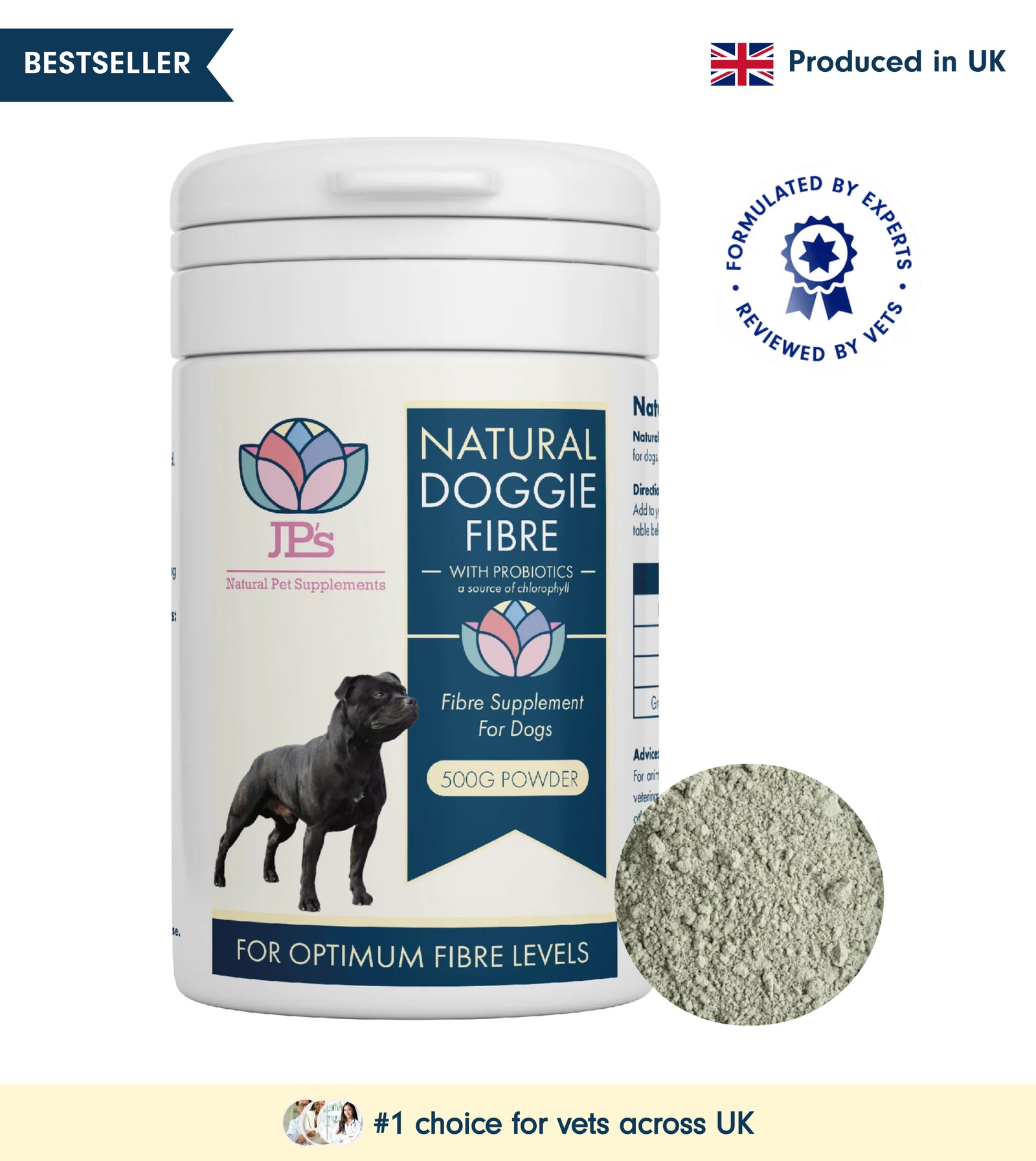
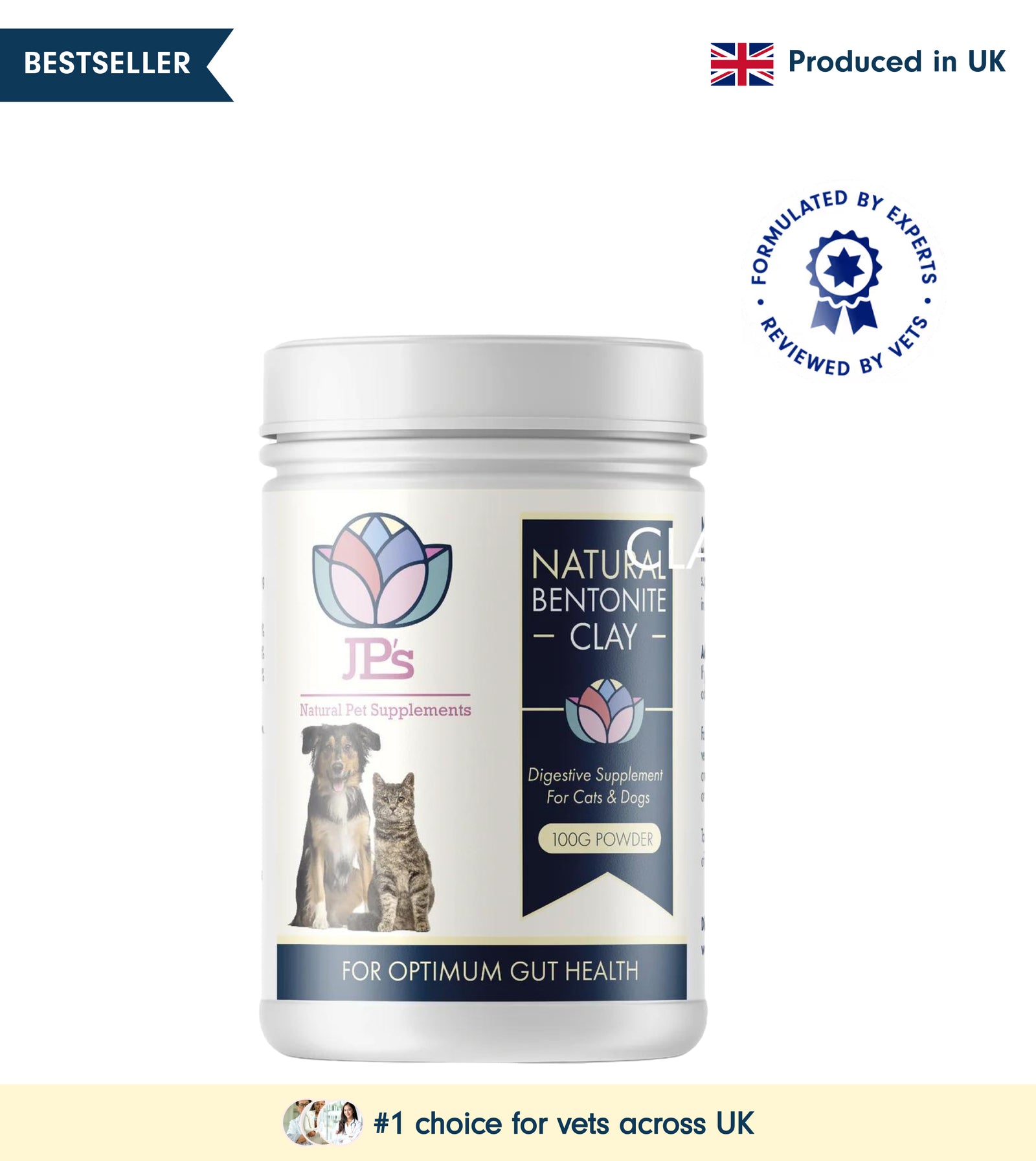
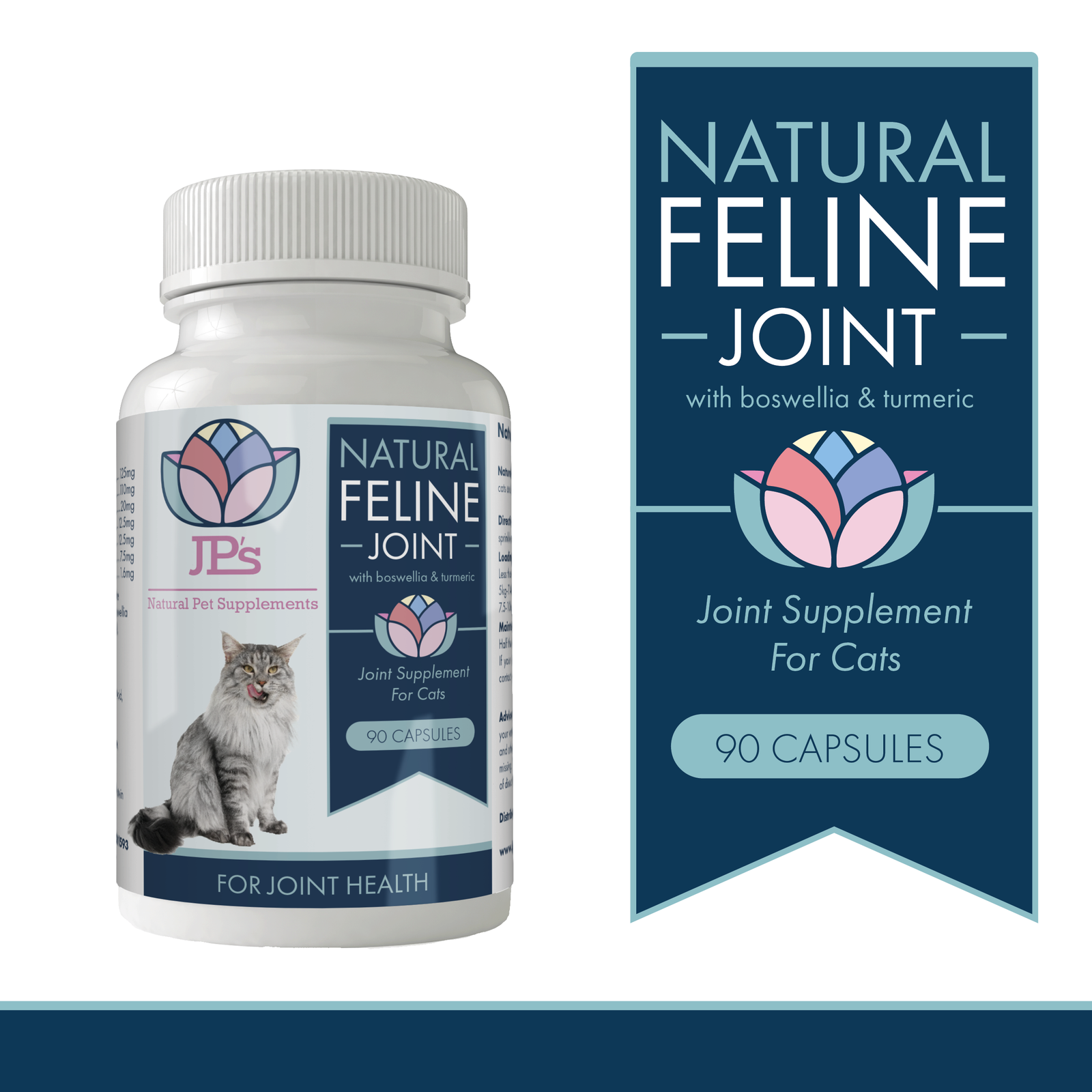
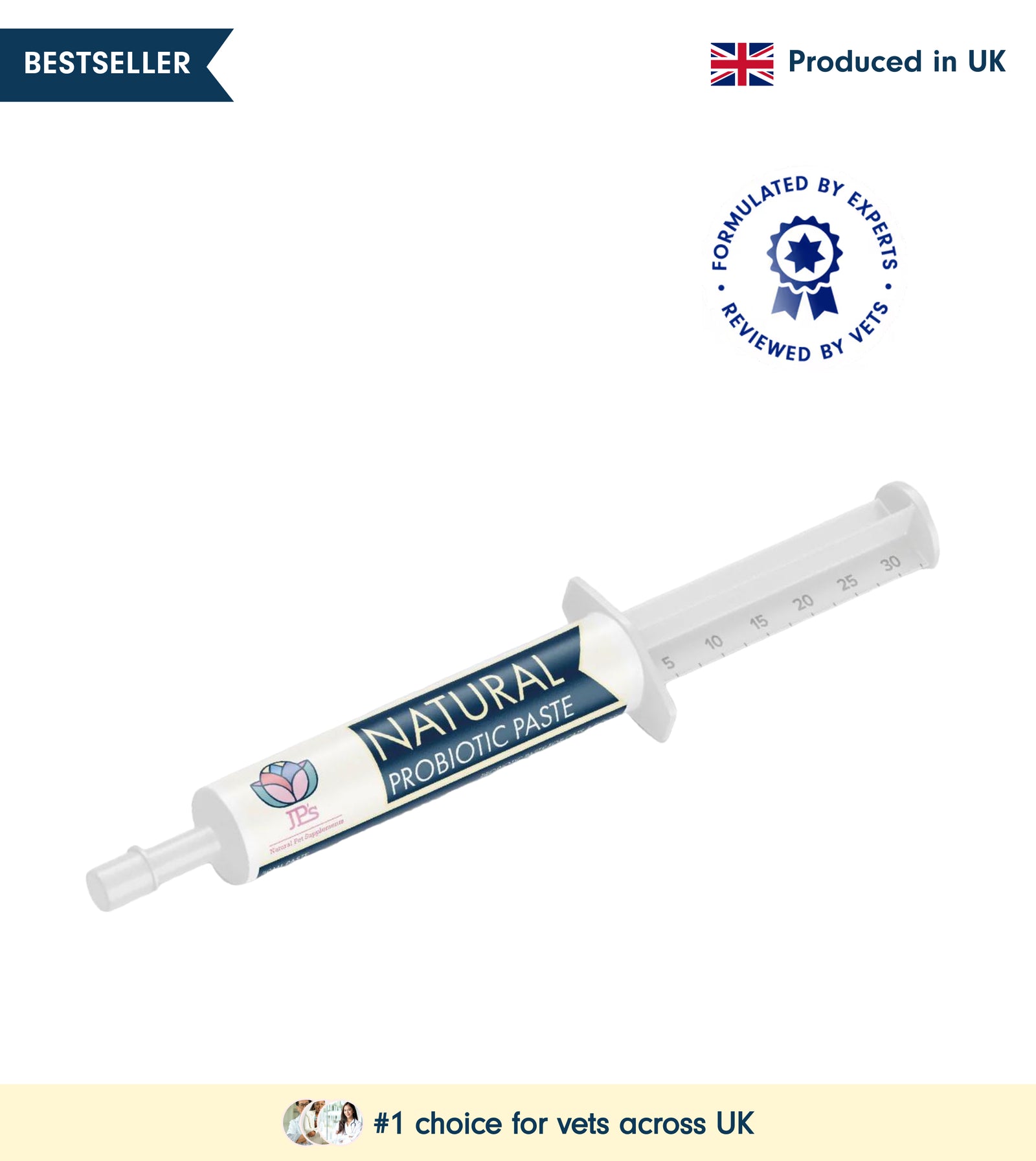
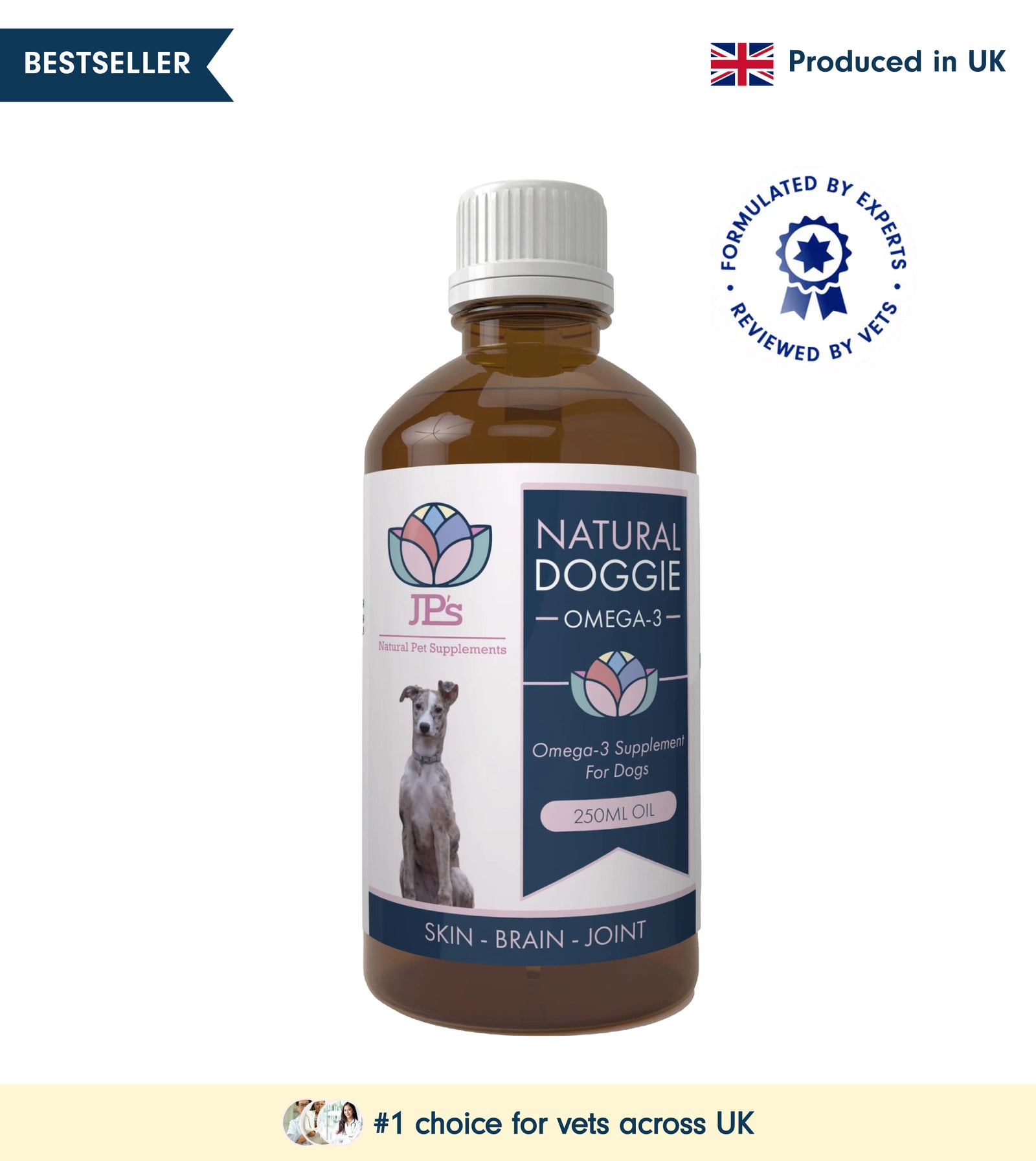
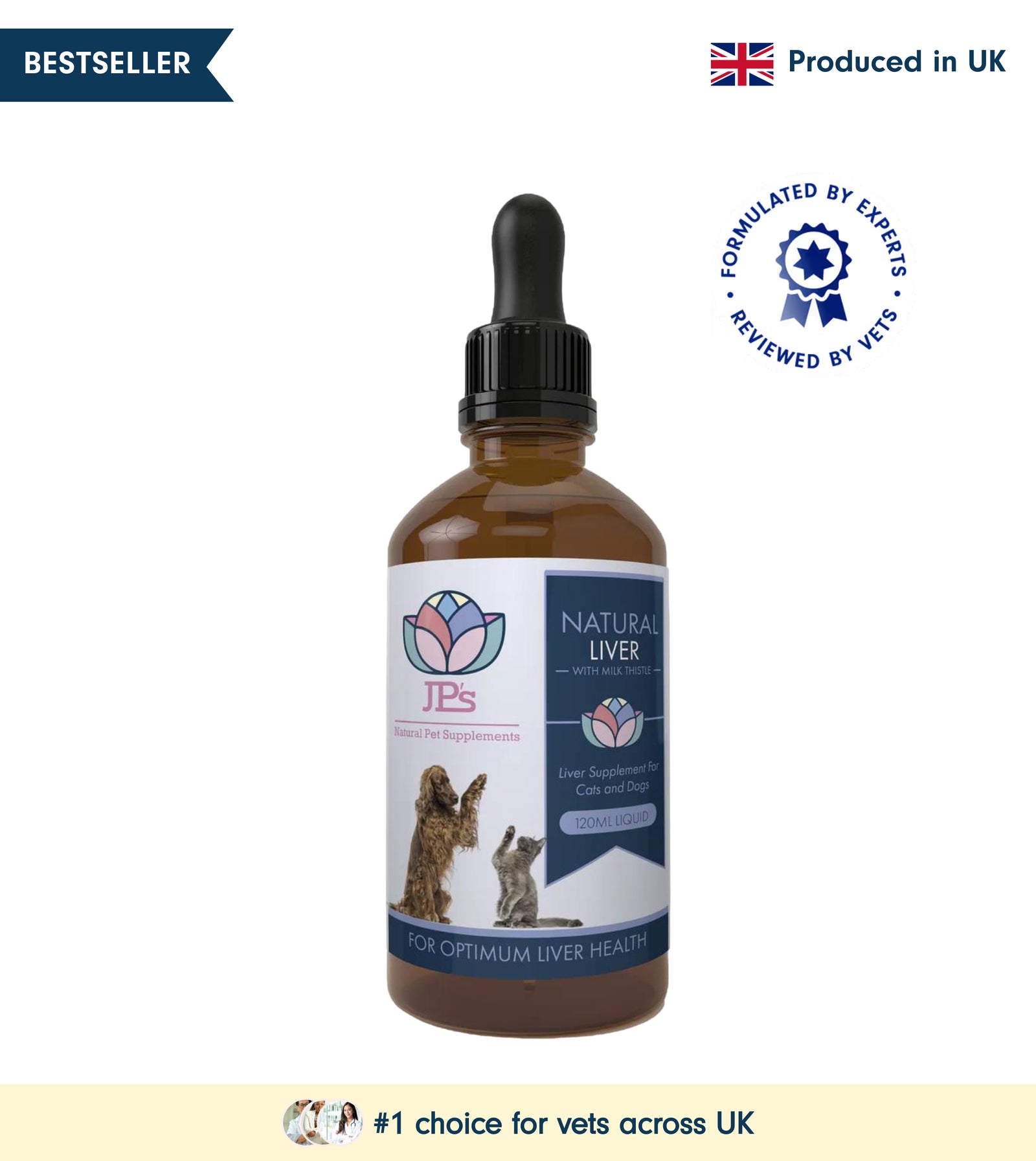
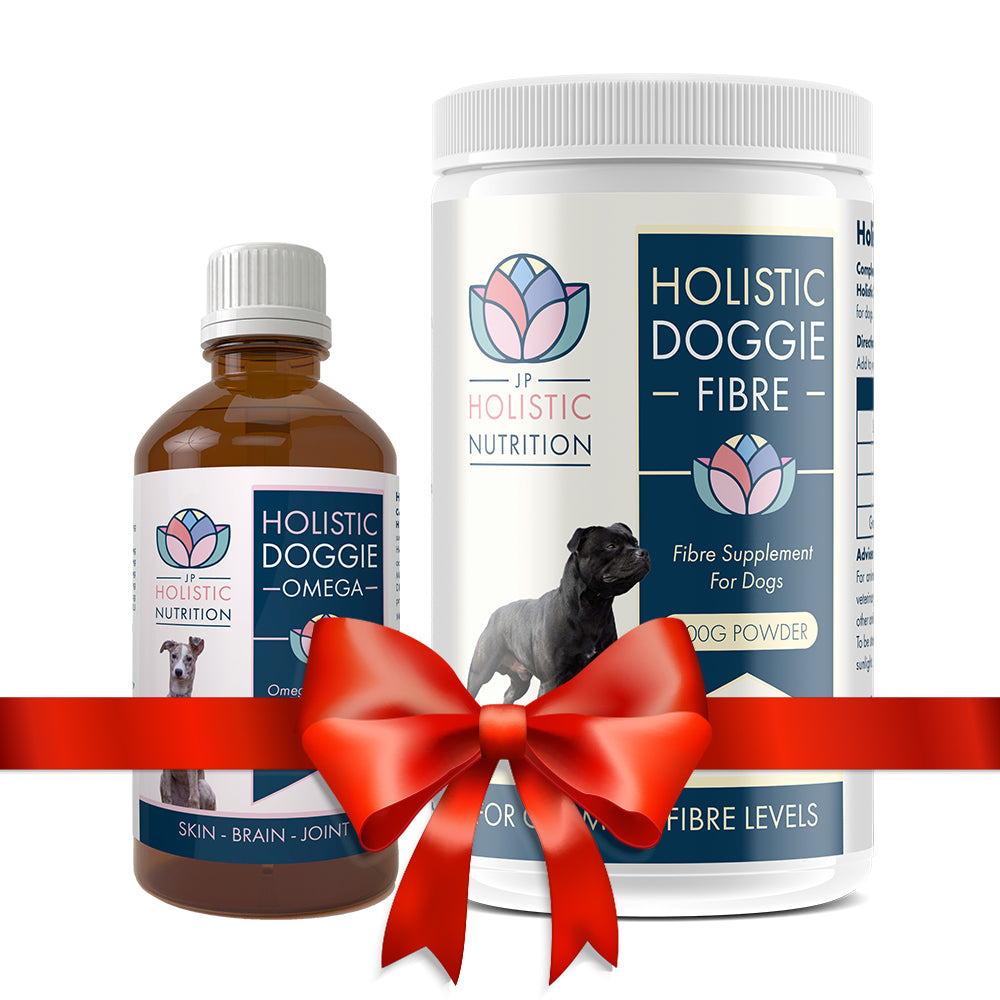
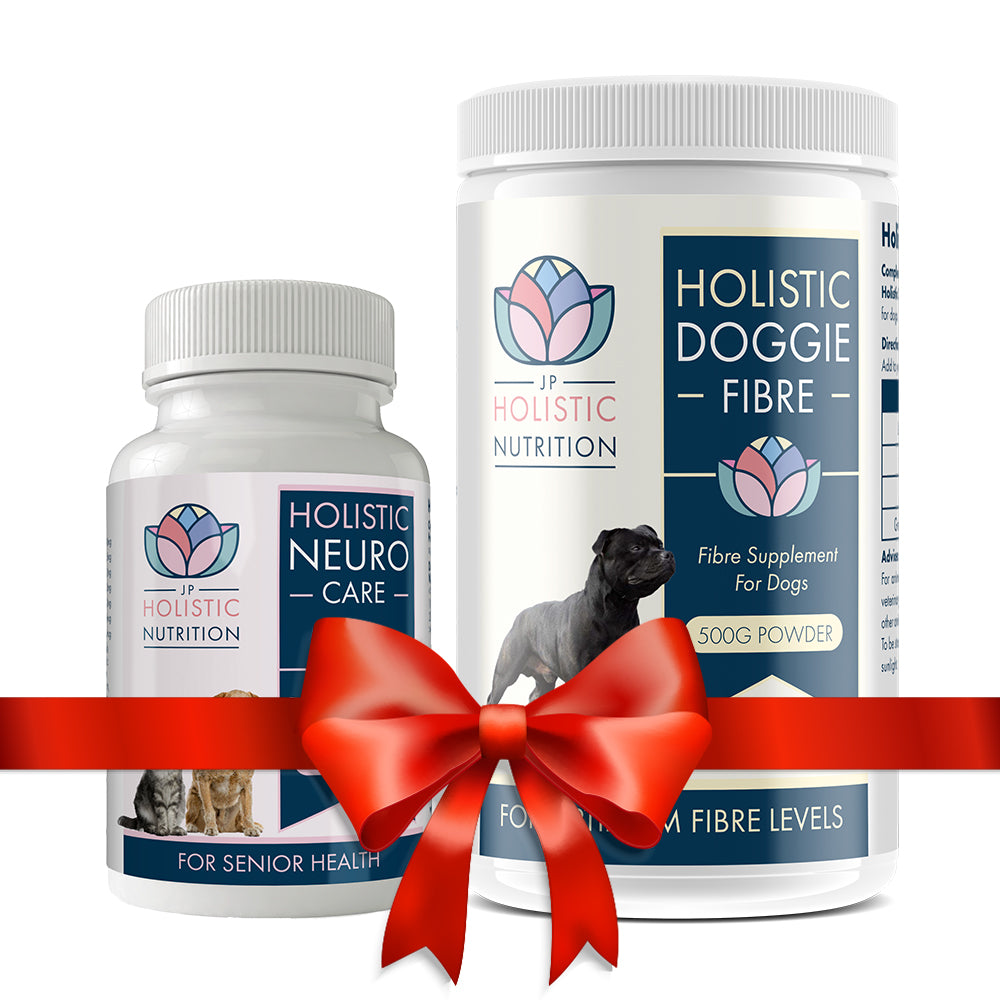
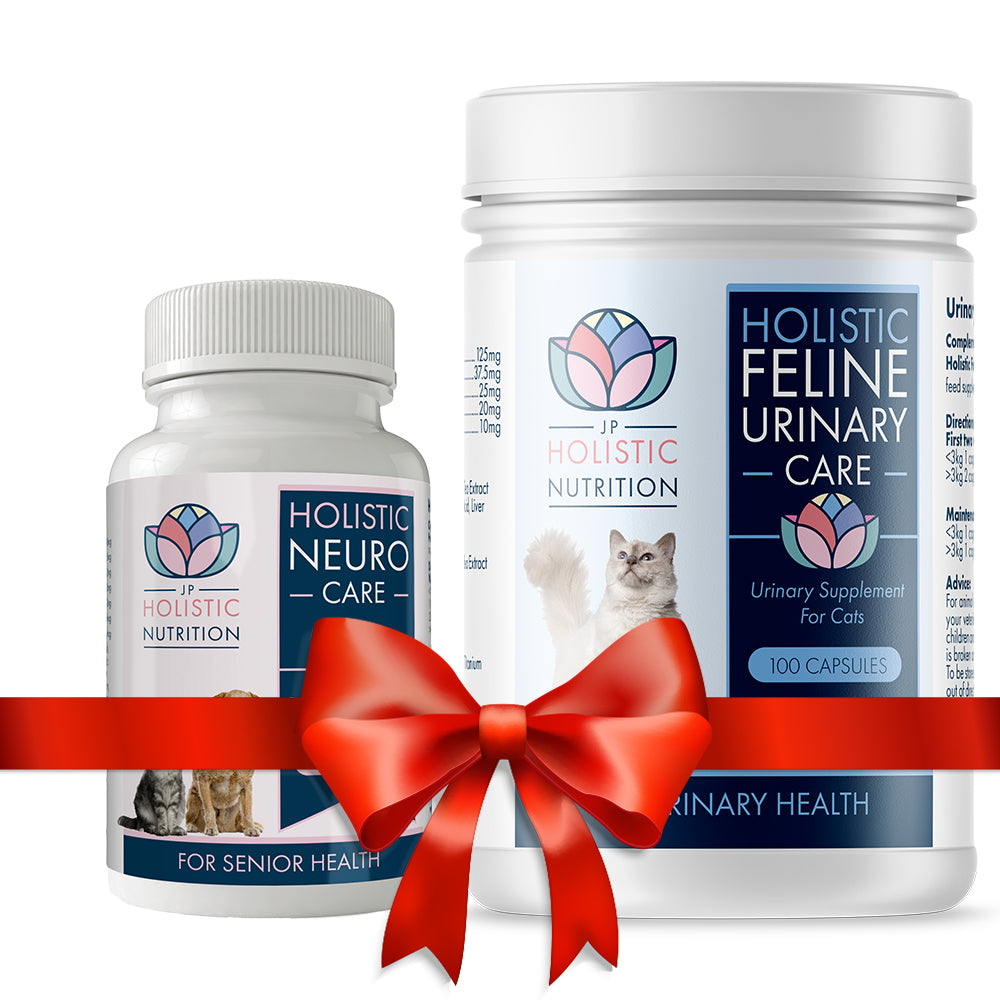
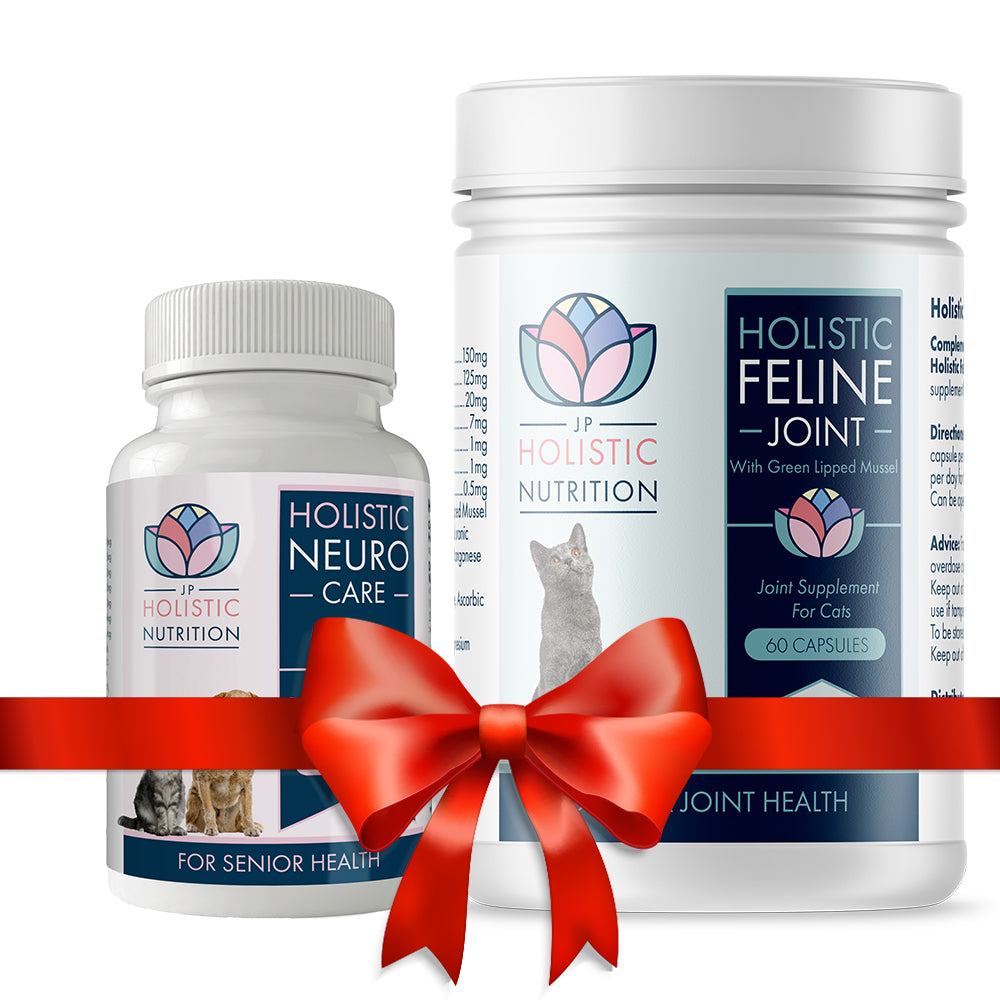







Leave a comment (all fields required)